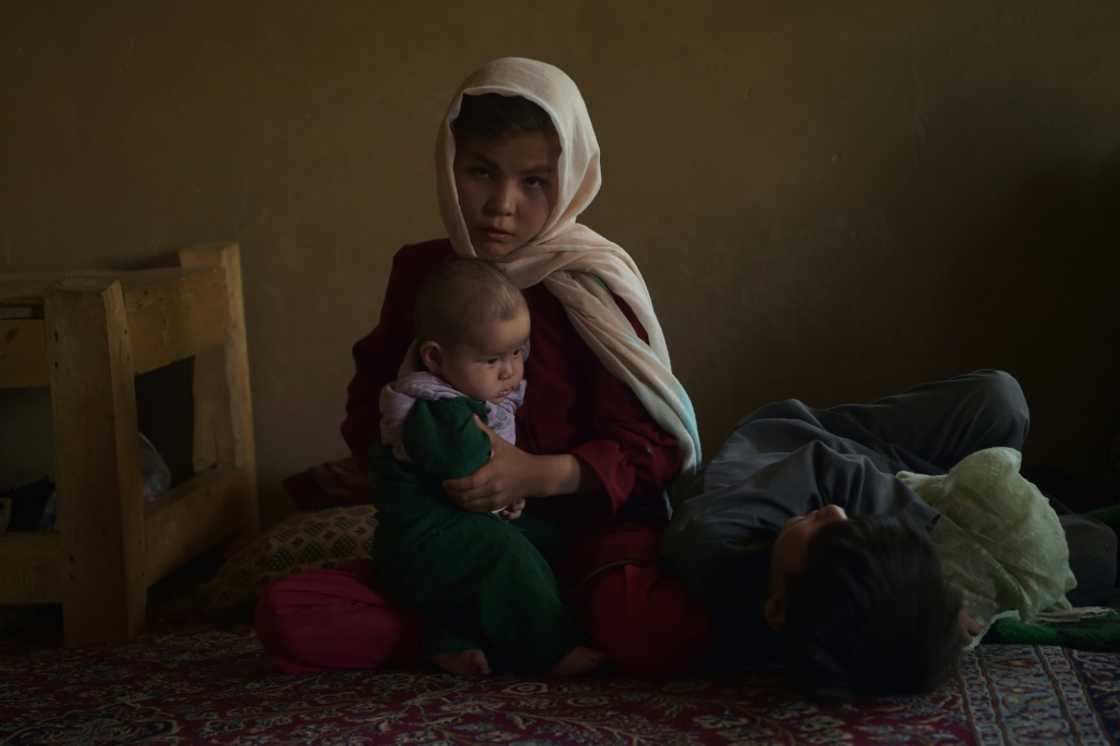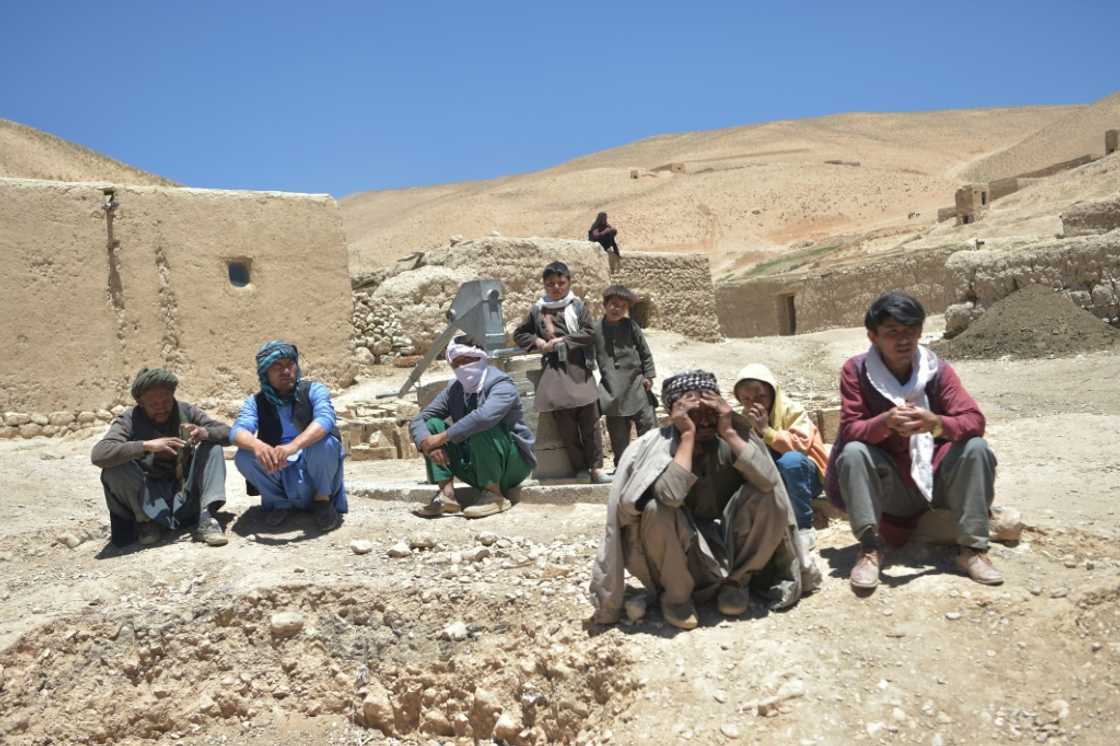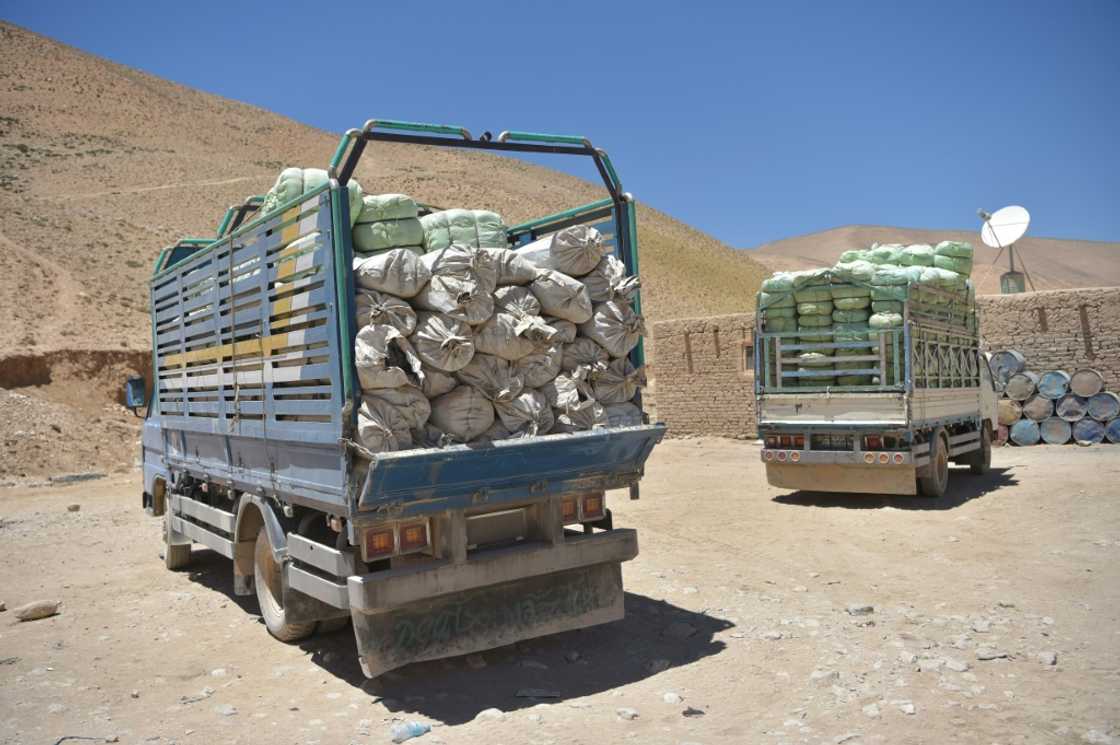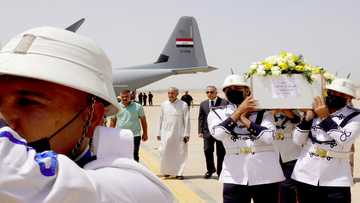Thousands flee feuding Taliban in Afghanistan's north

Source: AFP
New feature: Check out news exactly for YOU ➡️ find “Recommended for you” block and enjoy!
When fighting erupted between Taliban forces and a breakaway group led by one of their former commanders in northern Afghanistan last month, Zahra and her family fled to the mountains.
For days they walked across the rocky terrain, unsure what lay ahead or when they might return to their home Sar-e Pol province's Balkhab district, where the clashes erupted.
"We didn't want to get trapped... we all might have been killed," said Zahra, 35, asking to use a pseudonym for security reasons.
Zahra's family is among thousands that fled conflict between the Taliban and fighters loyal to Mahdi Mujahid, the group's former intelligence chief for Bamiyan.
Ethnicity, religious sectarianism, and a battle for a lump of Balkhab's lucrative coal resources are at the heart of the fighting.
"All these factors are working together in driving the conflict," Australia-based political analyst Nematullah Bizhan told AFP.
PAY ATTENTION: Enjoy reading our stories? Join YEN.com.gh's Telegram channel for more!
Mujahid, a Shiite Hazara, joined the mostly Sunni and Pashtun Taliban in 2019, and was appointed to his post soon after the hardline Islamists seized power in August last year.
Afghanistan's Shiite Hazaras have faced persecution for decades, with the Taliban accused of abuses against the community when they first ruled from 1996 to 2001.

Source: AFP
They are also the target of attacks by the Islamic State group, which considers them heretics.
Mujahid's appointment was initially seen as supporting the Taliban's claim of being more inclusive to non-Pashtuns, but he soon fell foul of the leadership.
The group routinely denies reports of infighting in its ranks, but in June local media said Mujahid split with the Taliban leadership when Kabul sought greater control over the coal business.
'History of resistance'
Balkhab is home to several coal mines and demand has soared in recent months with Pakistan -- in the grip of an energy crisis partly caused by rising oil prices -- stepping up imports to fuel power plants.

Source: AFP
Local Taliban commanders were known to "tax" trucks on their way to Pakistan -- as officials in the previous government did before them -- but when Mujahid resisted Kabul's efforts to rein in the practice, they sacked him.
"Balkhab has a long history of resisting the government," analyst Bizhan said, adding the region also fought strongly against the Taliban during their first reign.
While the June fighting lasted only a few days, the United Nations says it displaced at least 27,000 people -- almost all of them Hazara.
The result is a humanitarian crisis that aid agencies are now struggling to deal with.
"We used to sleep thirsty on empty stomachs and wake up in the morning and start walking again," said Zahra, whose family walked for nearly a fortnight before finding shelter in a village mosque in Bamiyan.
"Everyone was sick."

Source: AFP
The family of Barat Ali Subhani, another resident of Balkhab, has taken refuge in the same mosque.
"We didn't have anything with us. We just left in clothes we were wearing," Subhani said.
His seven-member family -- including five children -- walked for four days before a shepherd led them to the mosque.
"He saved us," Subhani said.
"We had nothing. We thought that we will probably die."
Cut off from aid

Source: AFP
In the town of Duzdanchishma in Bamiyan, Najiba Mirzae has spent days treating those who fled Balkhab.
Many are pregnant women suffering from diarrhoea, nausea and respiratory ailments caught while travelling through the mountains, said Mirzae, head of a local hospital.
Several UN aid agencies have tried to respond, but have not managed to reach all those displaced as many are still in the mountains.
"We couldn't reach the area even after walking for five and half hours because the mules were unable to pass", said Noryalai, who led a UNICEF team on one mercy mission.
In Balkhab, Mujahid and his followers have fled into the mountains, according to defense ministry spokesman Enayatullah Khwarizmi, and fighting has stopped.
But rights group Amnesty International accused Taliban forces of carrying out summary executions of civilians there -- a charge denied by Kabul.
"People are scared, which is why they are still in the mountains," one man told AFP, asking for anonymity.
New feature: Check out news exactly for YOU ➡️ find "Recommended for you" block and enjoy!
Source: AFP





